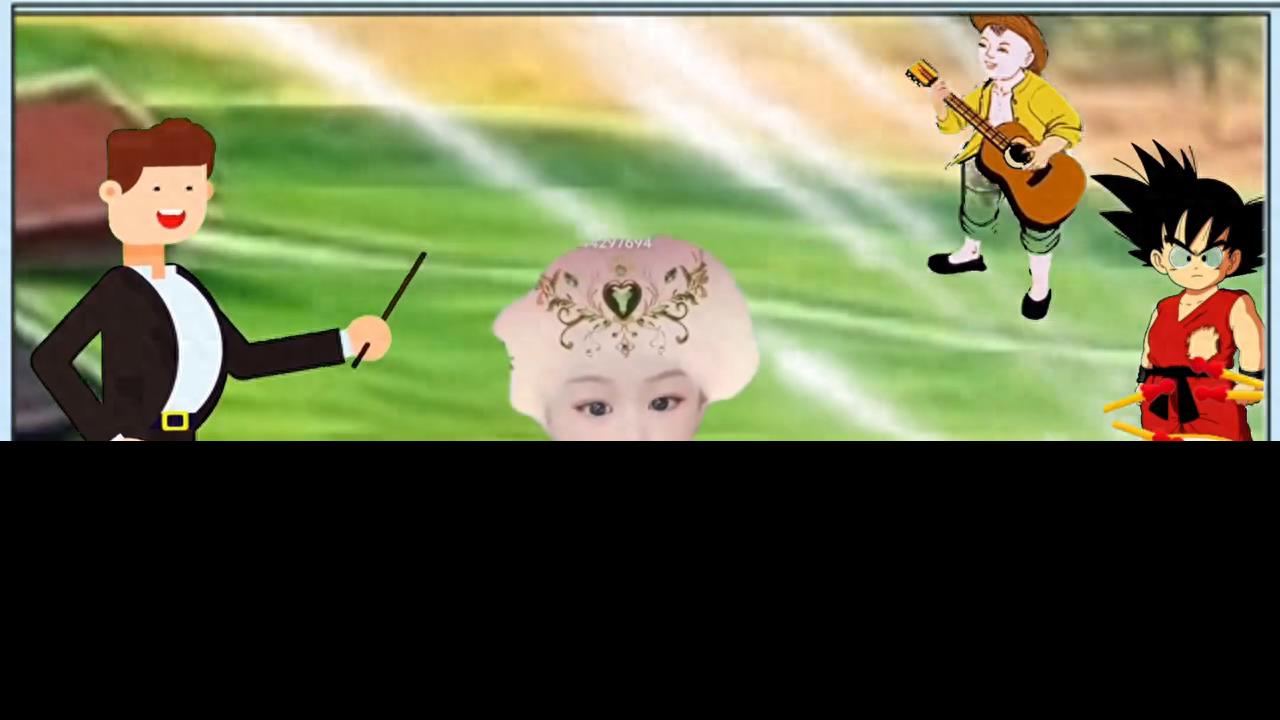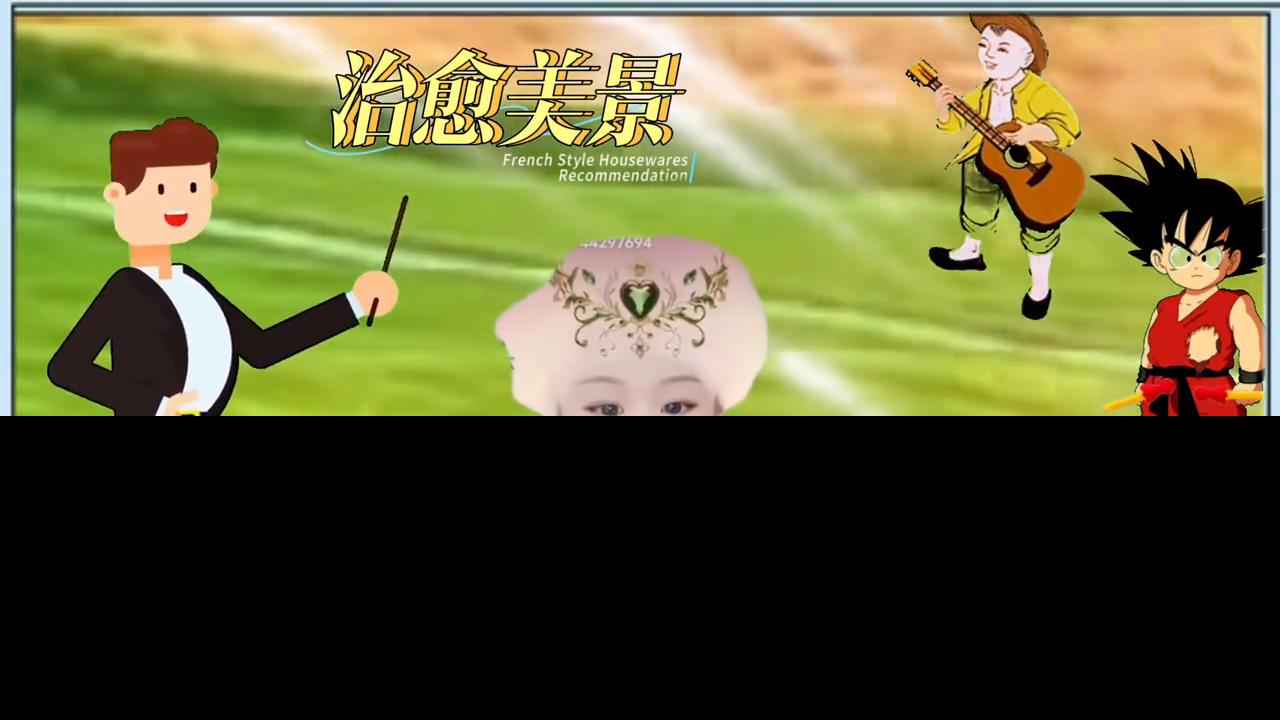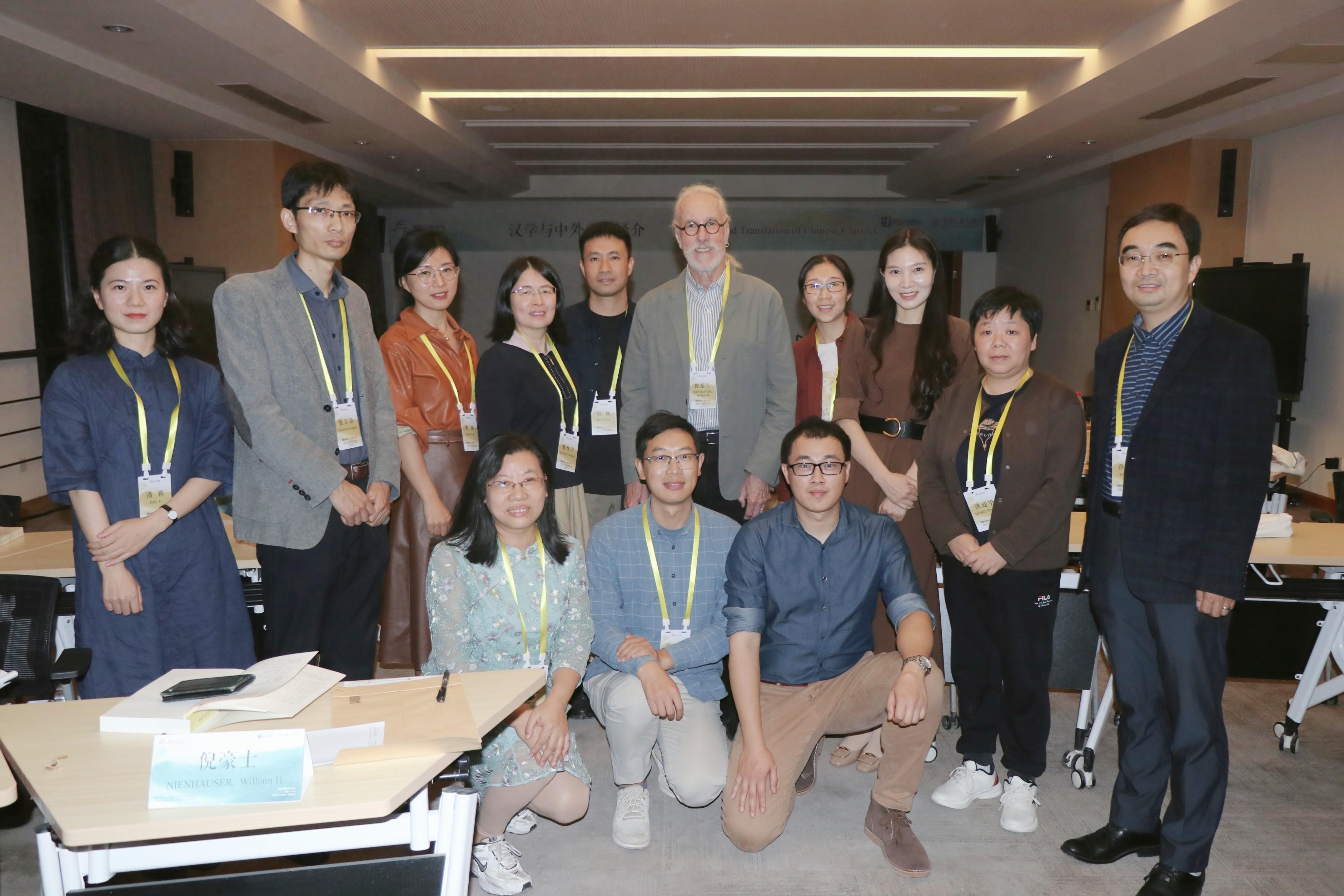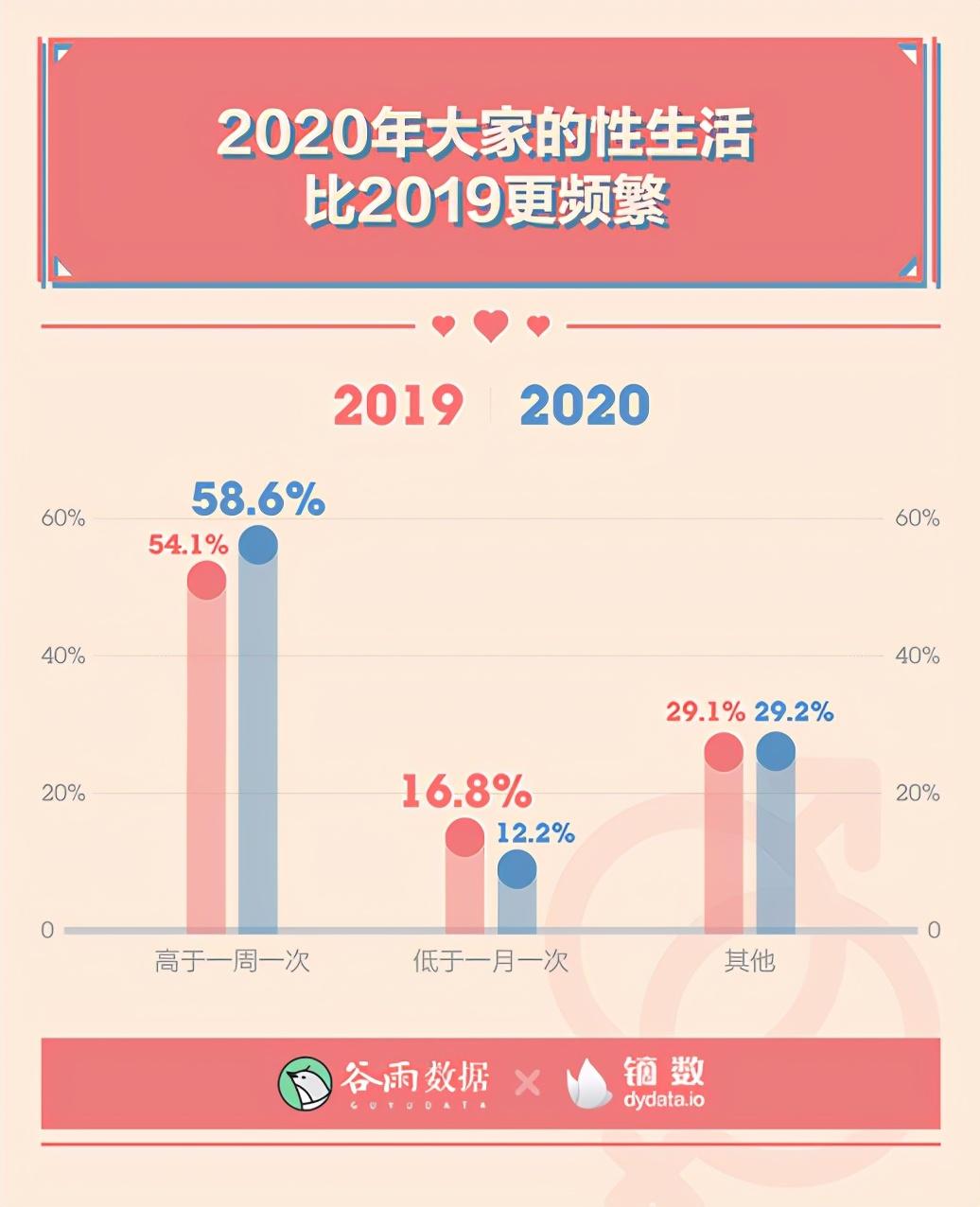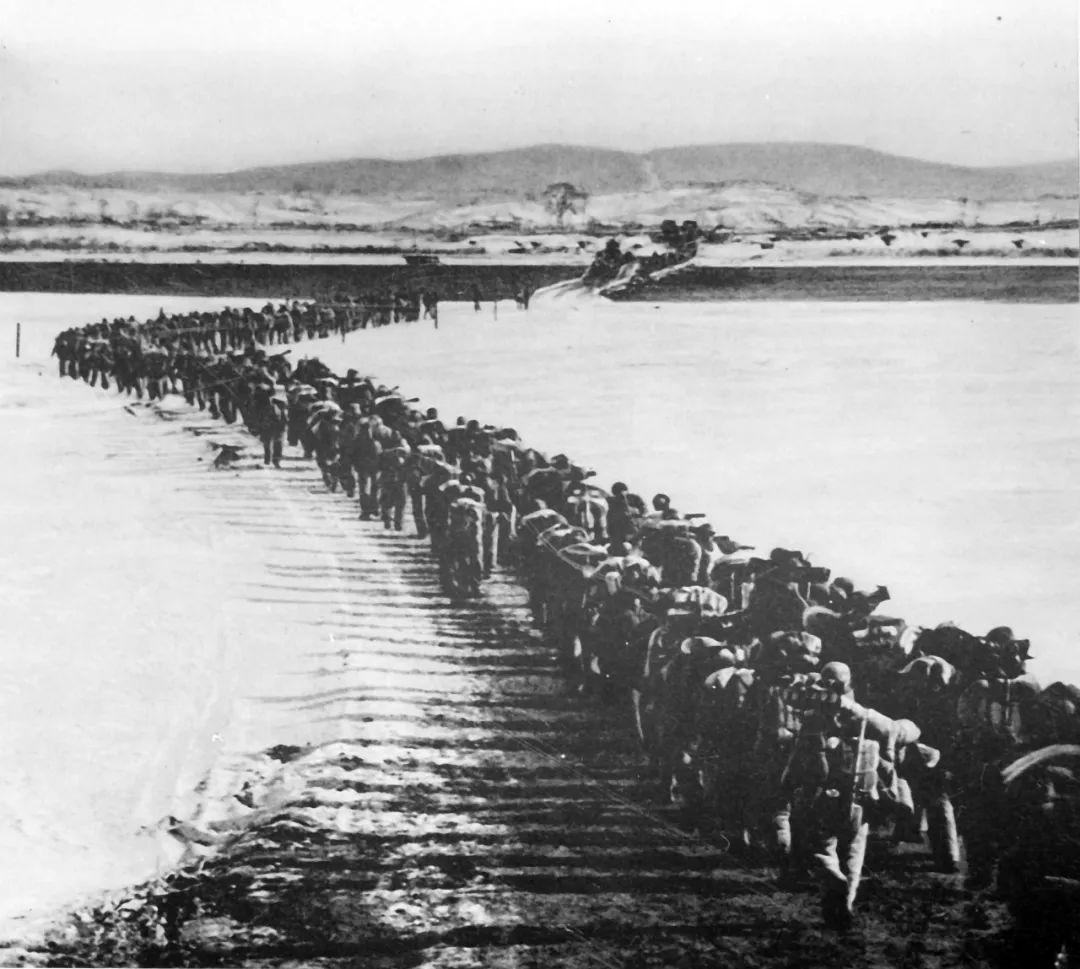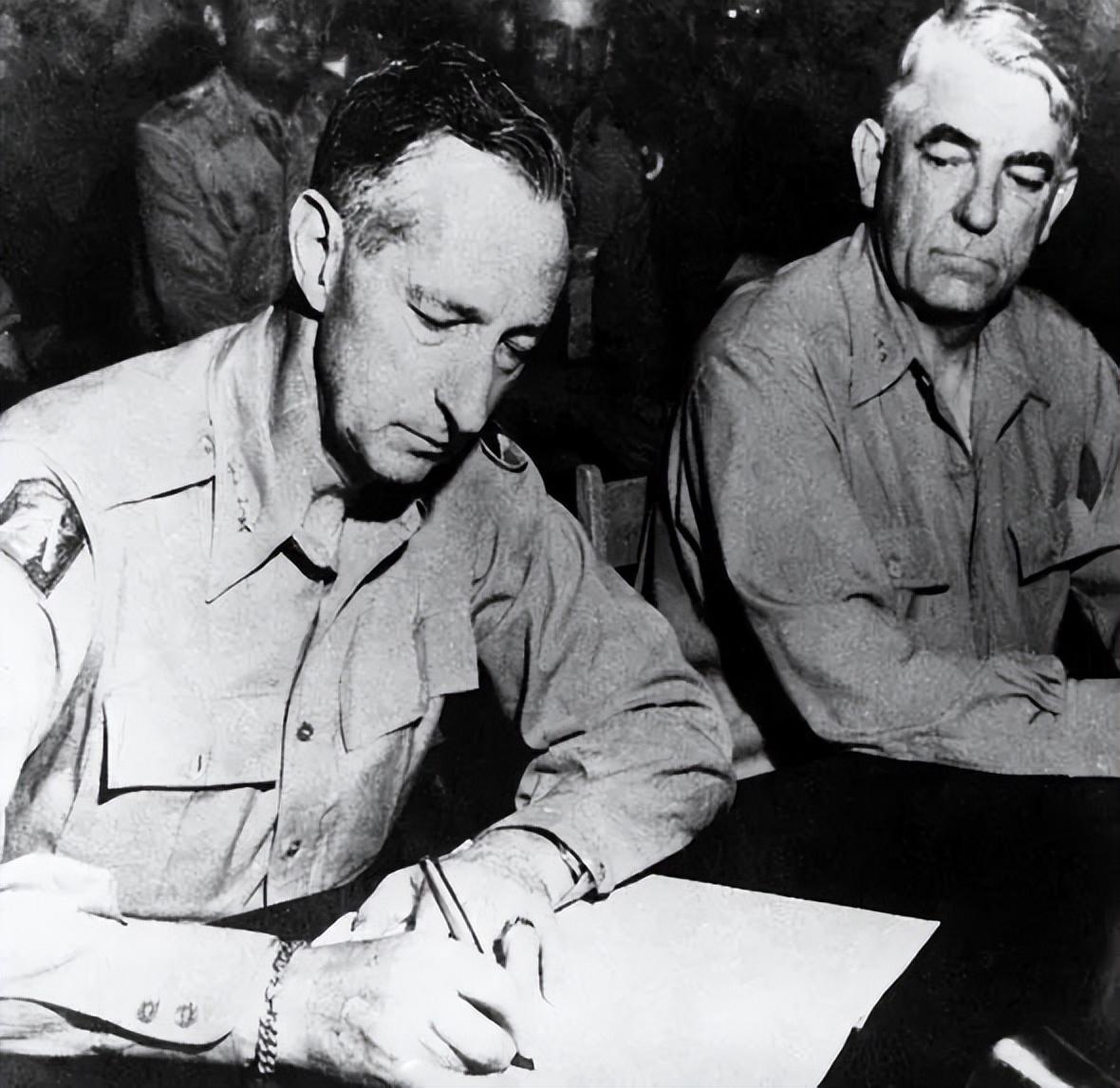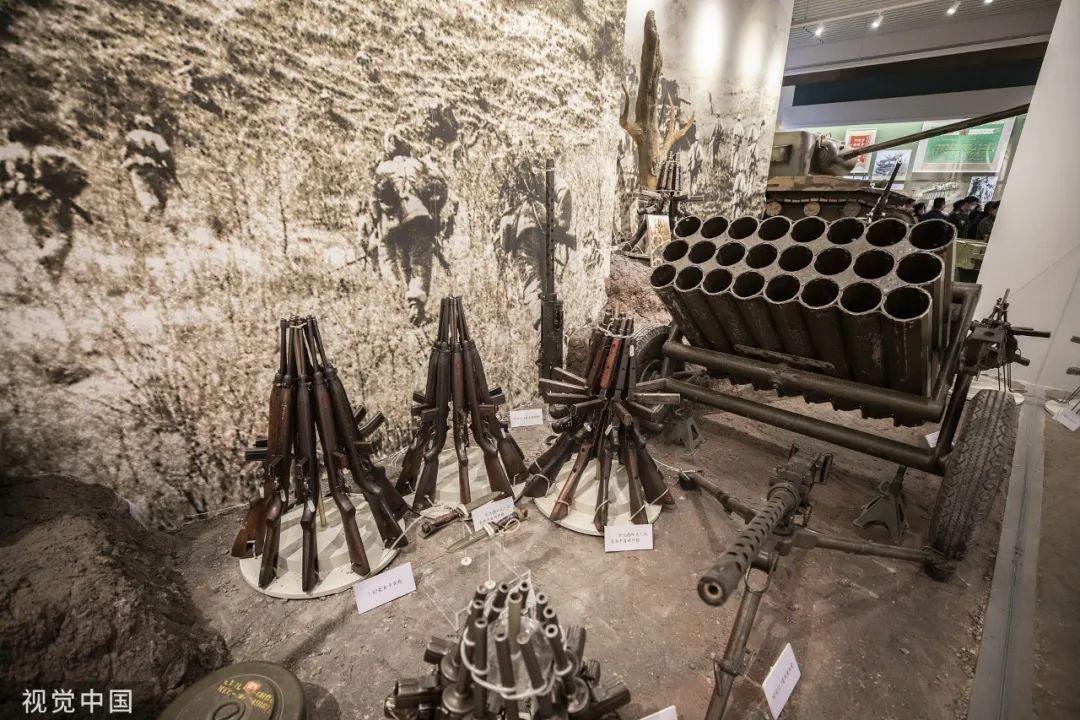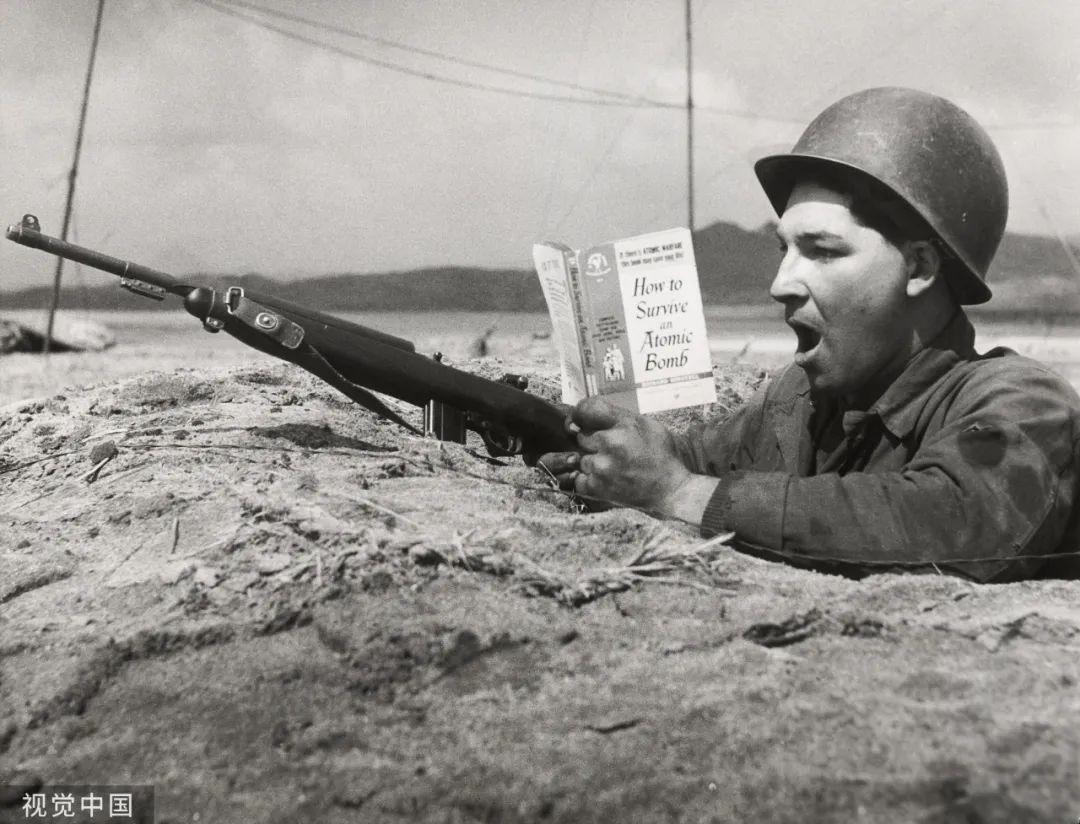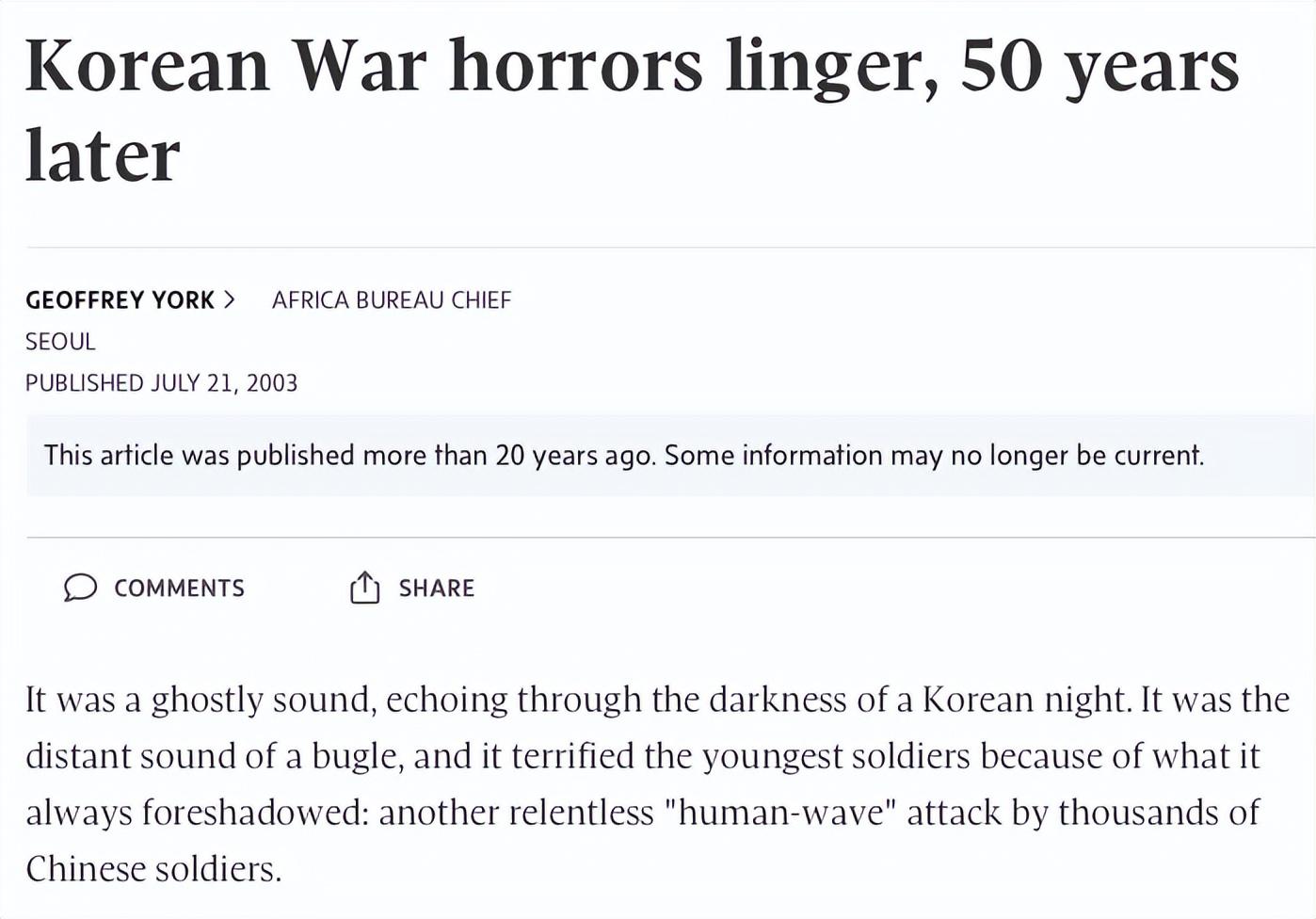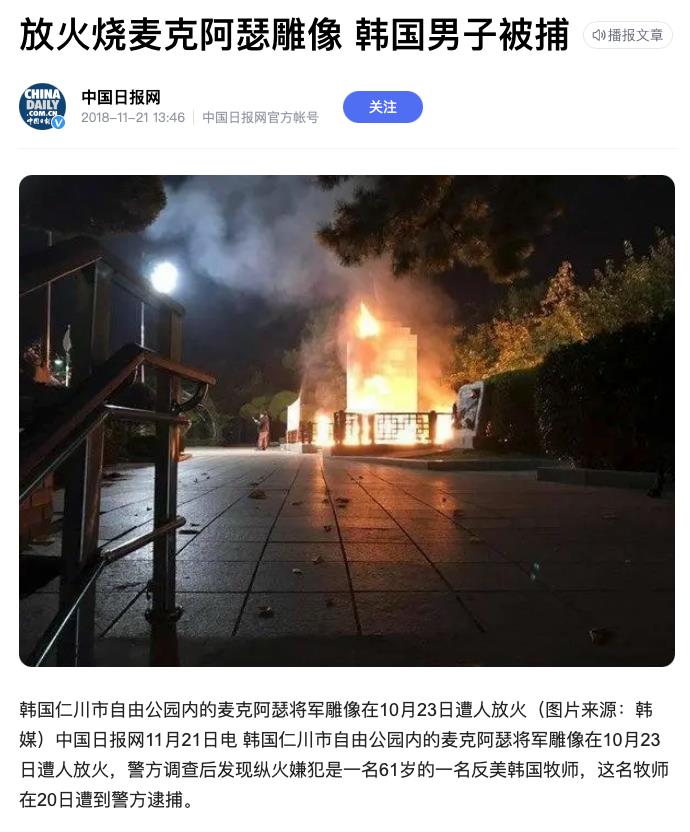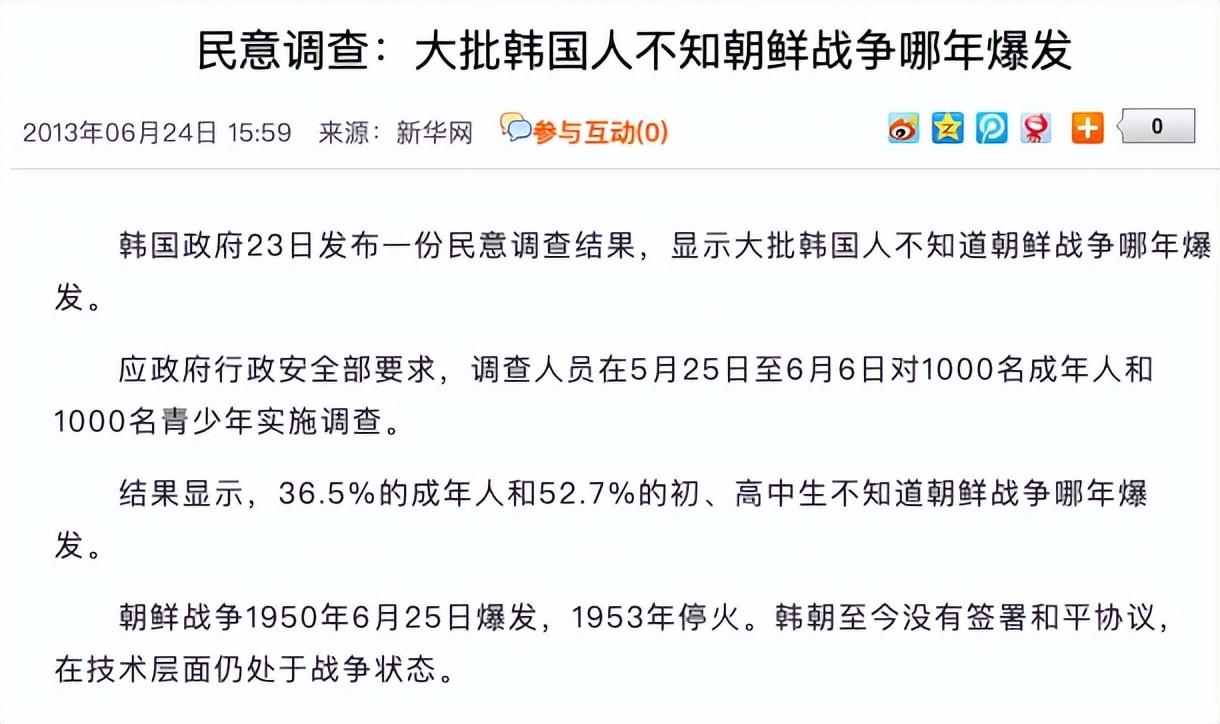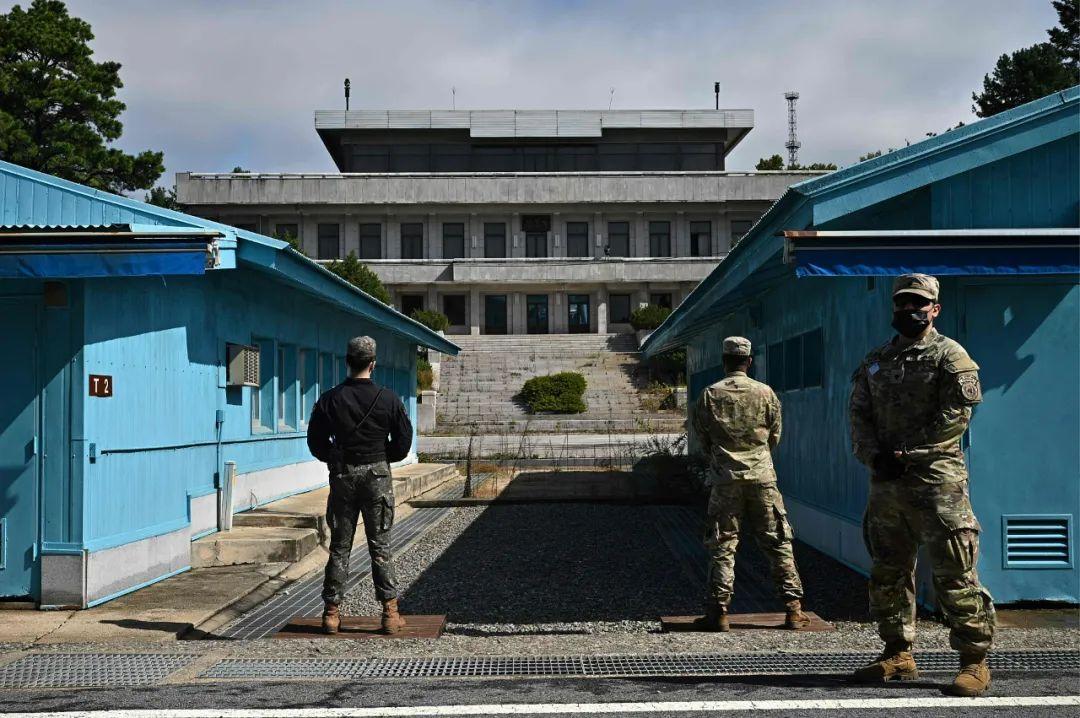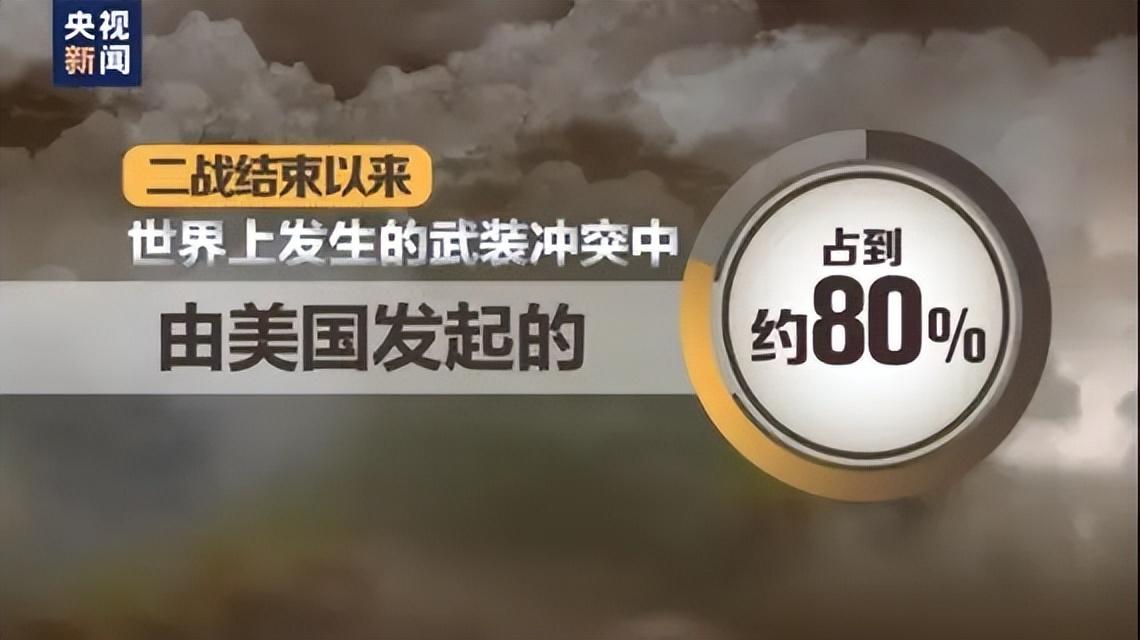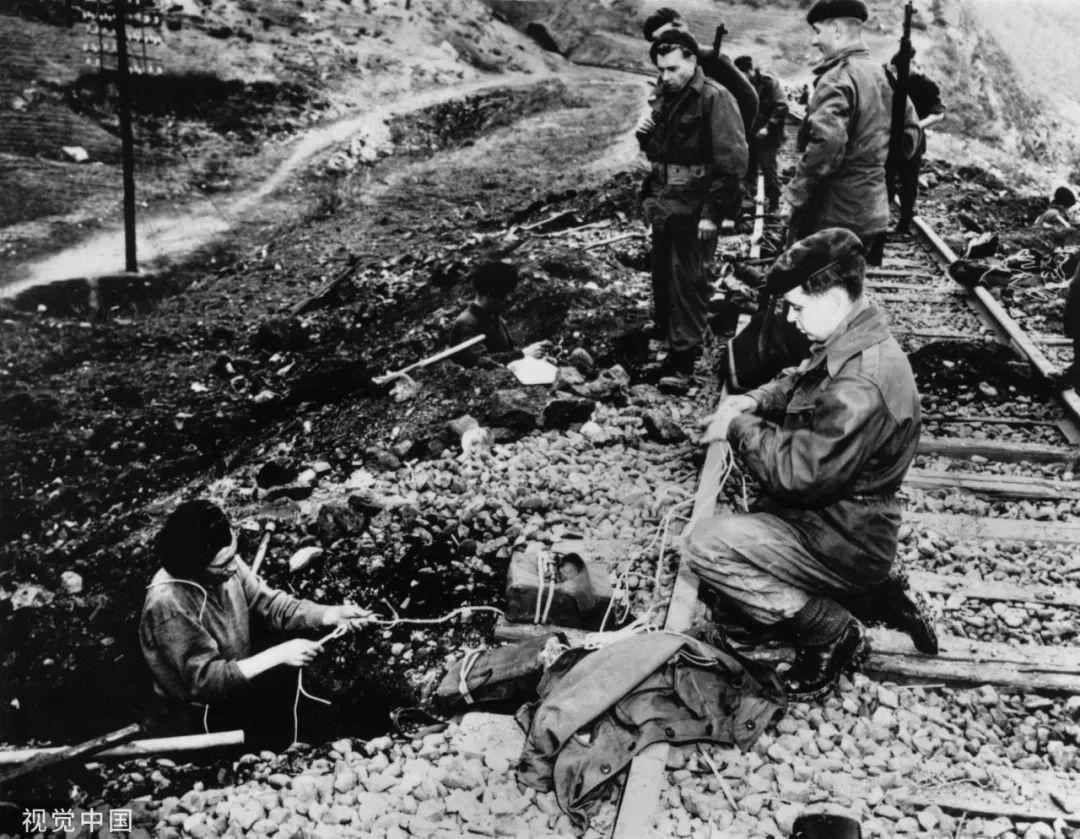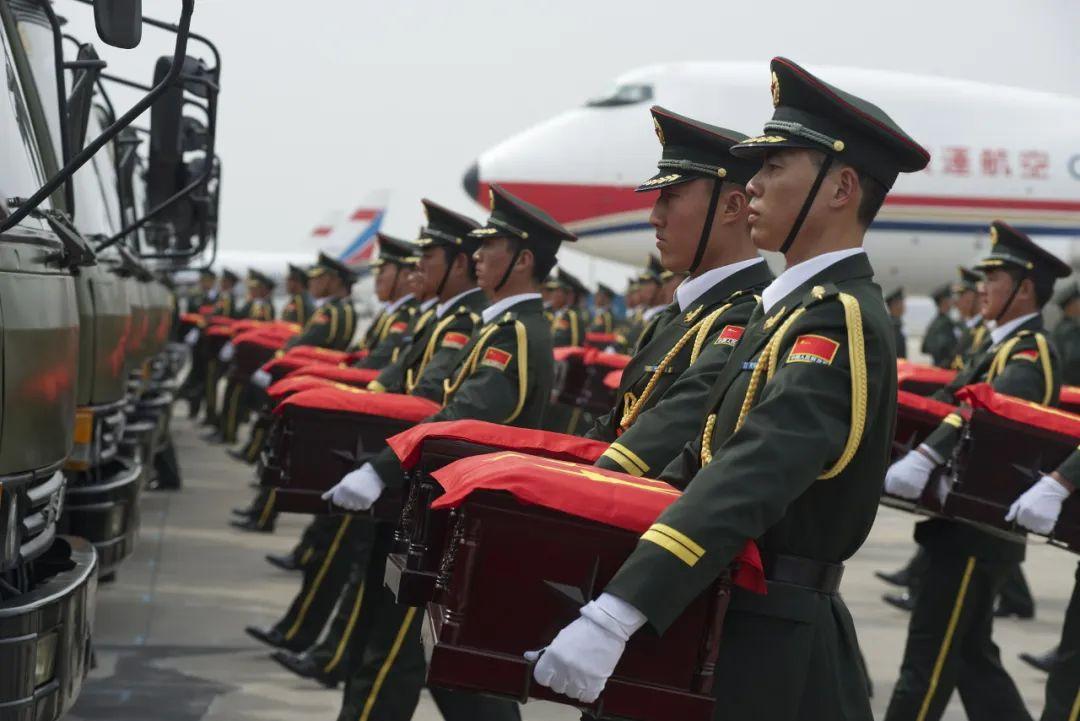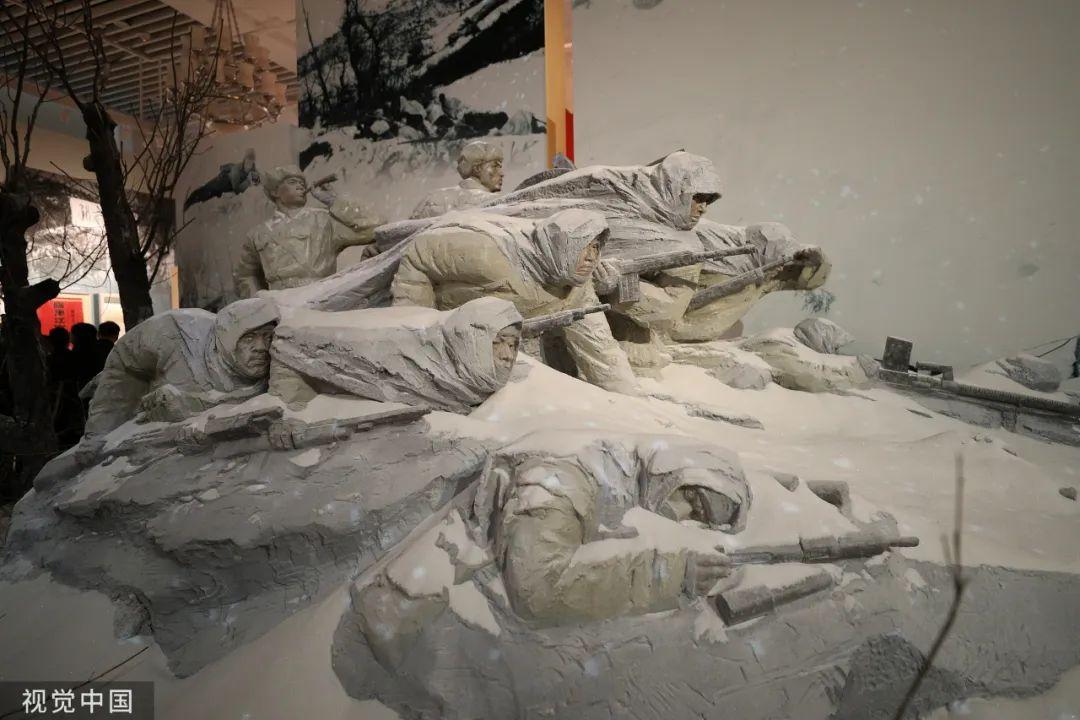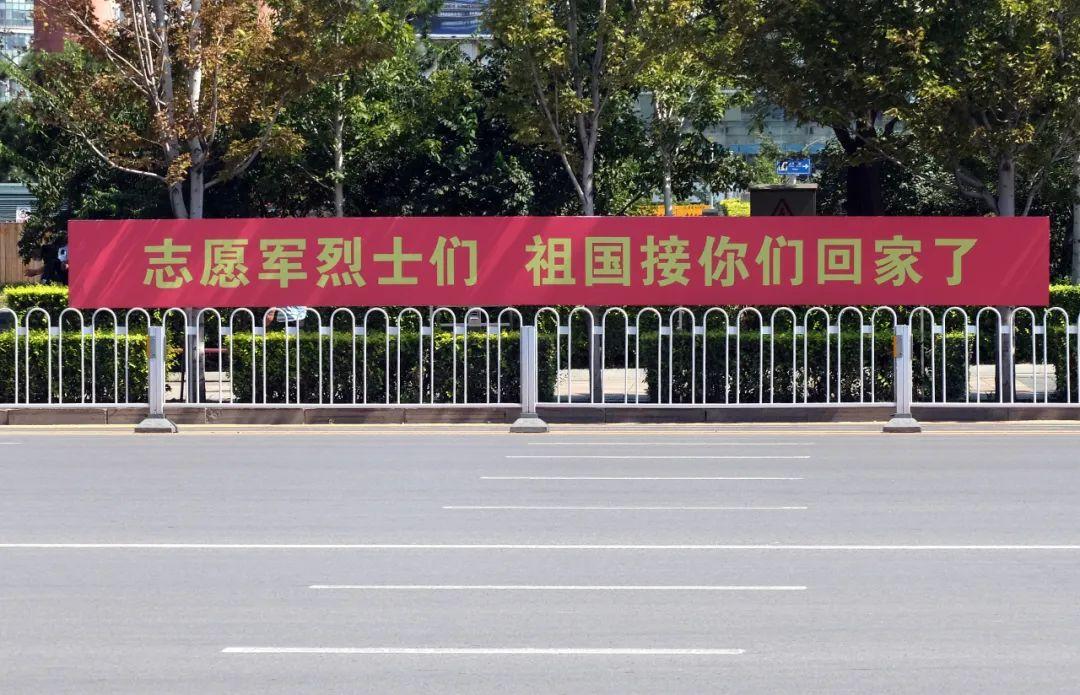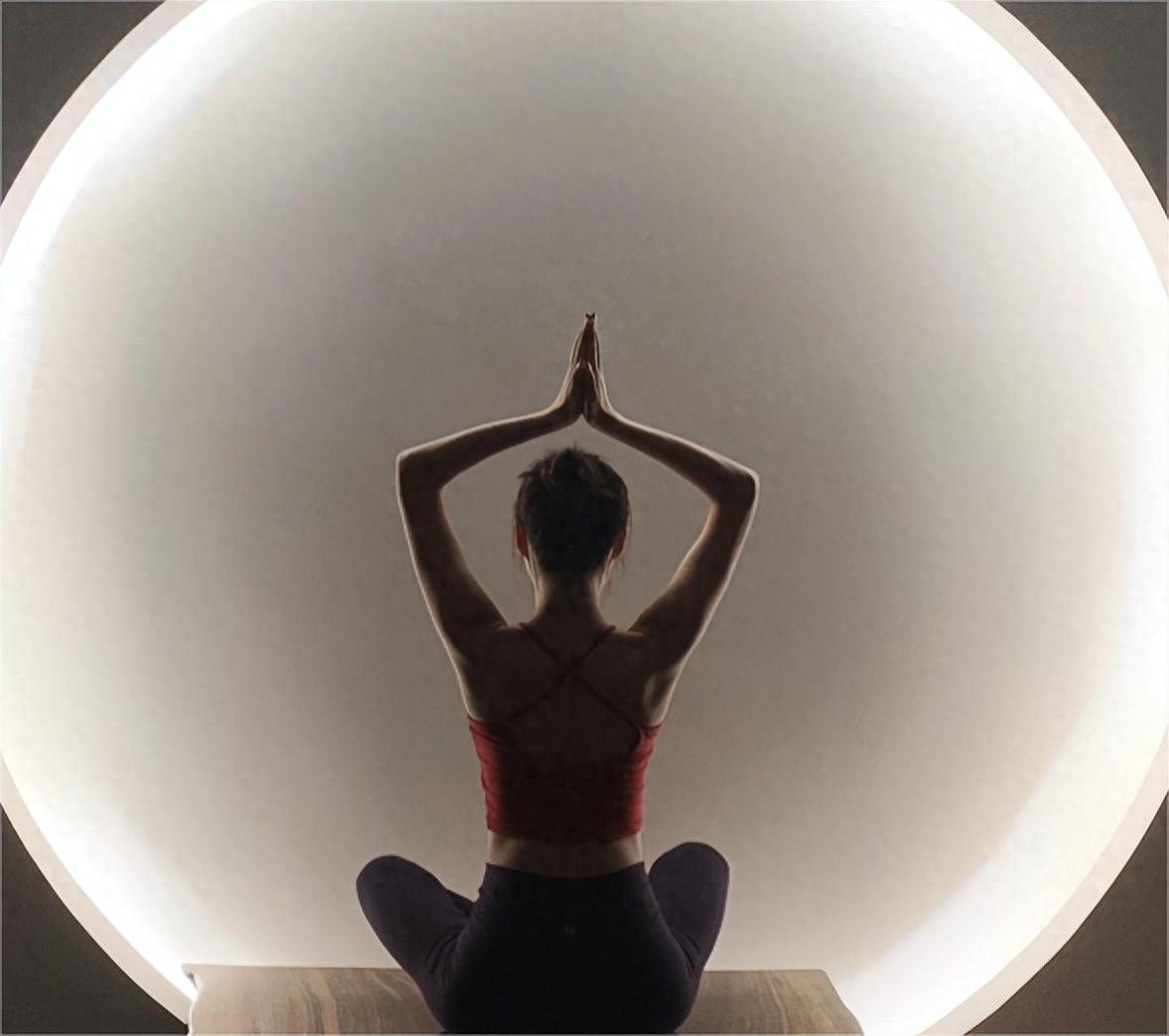It has been 70 years since the victory of the War to Resist US Aggression and Aid Korea.
Every year, on Tomb-Sweeping Day and Martyrs’ Memorial Day … we can’t help remembering the martyrs again and again, and looking back at that unforgettable war memory through the dust of history.
In today’s world, not everyone remembers the war.
On the other side of the Pacific Ocean, Americans chose to throw this war into the corner of history and forget it collectively.
The pain caused by the war is indelible. How can you forget it?
The United States has taken pains to do this.
At that time, when American soldiers returned from the Korean peninsula, there was no grand ceremony in Manhattan, new york, no honours, no commendation and no awards.
They stood on the big trucks and returned to the base sadly. Only a few soldiers’ mothers holding flowers greeted them.
Some American soldiers recalled that it made him feel like someone who had been released from prison.
American commander Clark signed the armistice agreement.
Soldiers who fought on the Korean peninsula were marginalized when they returned home, depriving them of the right to be recognized by American society. This is only the first step.
After the war, American officials tried to make this war diluted by time and erased from the memory of the American people by restricting and controlling speech.
Compared with World War II and Vietnam War, the research on the Korean War and film and television works are particularly scarce.Hollywood, which has always been good at shooting war themes and promoting "American heroism", has no way to write about the theme of the Korean War.The few movies that reflect the Korean War are mostly about the confusion of American soldiers.
The core theme of pork chop hill, one of the few movies about the Korean War filmed in Hollywood, is "The heroism of American soldiers is dragged down by politicians".
Guns and rockets seized by volunteers at the theme exhibition commemorating the 70th anniversary of the War to Resist US Aggression and Aid Korea.
Up to now, few people know about the Korean War except scholars who specialize in it and veterans of that year.
This war has faded and been erased in American society in the passage of time.
Finally, through a series of words and means, the United States reduced the importance of the Korean War, erased the historical coordinates of the Korean War, focused its propaganda on how to build friendly relations with South Korea, deliberately avoided the painful price paid by the Korean War, and publicized its hostility towards communism with the prevalence of McCarthyism at home.
American soldiers on the battlefield to resist US aggression and aid Korea
In 1950, the United States promulgated the mccarron Act, which aroused anti-communist sentiment in American society.
The American public was bewitched by the media, and no longer explored why the war was fought, whether the reasons for sending troops were just, and how many American soldiers paid their lives.
Evil spirits and ghost fires also spread to the academic field. More and more studies claim that China won because of the "sea of people tactics" that spared no effort, and the United States lost because they attached importance to human rights and could not bear to see too many people die in the battlefield.
The absurd argument has gained a large number of faithful believers.
The Globe and Mail’s commentary entitled "The haze of the Korean War still lingers after half a century" begins with the suggestion that China uses the "sea of people tactics".
Marginalized veterans, diluted wars and stigmatized war opponents.Every step is aimed at forgetting.
Now in America, few people remember what happened on the other side of the ocean.
Pathetic and deplorable!
South Korea, facing the other side of the sea, is more subtle in dealing with the Korean War.
South Korea’s historical narrative of this war has fallen into a contradiction that is difficult to prove.
Under the statue of MacArthur, an American soldier set up in South Korea, young Koreans went to burn fire to protest.
They said that Americans sent troops to the Korean peninsula, which split our nation and still occupy our land today. Why should we commemorate them?
As a result, South Korea is getting deeper and deeper in the spiral of gratitude and hatred. Once the Korean War is discussed, it will touch the deep foundation of the social and political system and become taboo.
Nothing can be done. South Korea chose the backlight, deliberately distorting and diluting it, and not looking directly at the war. At present, 52.7% young Koreans don’t know when the Korean War broke out and why.
Looking at the relevant historical research and cultural works in Korea, stigma and distortion are common. This is the scene of the China Volunteers filmed by South Korea-
In their eyes, China’s victory lies in "overwhelming superiority in numbers", but in fact, the shortage of manpower and equipment was the real situation faced by China Volunteers.
The "grand scene" of China volunteers sending troops in the film "Flying Taiji Flag" is a manifestation of the rumor of "sea of people tactics".
But Koreans don’t care about the truth, they just want future generations to believe what they say about history.
The works about the history of the Korean War, such as Flying Tai Chi Flag and Highland War, are full of disrespect for history and negative portrayal of South Korean soldiers.
When the memory of the war became more and more blurred in the process of spreading false information, the 38th parallel became an inexplicable transparent fence in the eyes of Koreans, isolating them from the truth, and the pain of "though a country be sundered, hills and rivers endure" became an illusory legend, as if it had never existed.
Panmunjom, on both sides of the "38th parallel", the Korean and Korean armies are on guard against each other.
A nation is so numb to its own historical tragedy that it is sad!
However, no matter how much the United States and South Korea try to forget the distortion, and how to rewrite the war narrative in a different way, they are paralyzed and cover their ears.The truth of the War to Resist US Aggression and Aid Korea has always stood in the long river of history and has not changed for more than 70 years.
Americans choose to forget history, because they have been at war for more than 220 years in the 240-year history of the founding of the People’s Republic of China. Compared with their advertised victory, the Korean War is a deep scar on their military badge and a dirty laundry that cannot be publicized.
Koreans choose to distort history, because they can’t face up to the source of their own regime, can’t explain the legacy left by the American garrison to the people, and are even more unwilling to admit their incompetence and inaction in that war.
They dare not look at history, because the light of justice is too dazzling, they cover their eyes and hypnotize themselves.
What about us?
Whenever we talk about the War to Resist US Aggression and Aid Korea, there are always some arguments, such as "we shouldn’t fight" and "we shouldn’t send troops", and there are even some historical nihilistic arguments about the War to Resist US Aggression and Aid Korea.
It can only be said that these people are afraid of being brainwashed by the narrative of the United States and South Korea.
Therefore, the more guilty they are, the more we have to be car-scrapping!
No one should remember the sufferings of our ancestors more than we do, and no one is more qualified to inherit their will to protect our country and defend our country.
On March 28th, 2014, a special plane carrying 437 Chinese people’s Volunteer Army martyrs’ remains landed at Shenyang Taoxian International Airport, and the martyrs’ spirits who left the motherland for more than 60 years went home.
It was freezing in the cold, and the two volunteers wore a pair of trousers and slept together, surviving one cold night after another.
When the grain and grass supply is insufficient, the volunteers eat fried sorghum rice and soybeans, and even chew leaves and eat wild fruits in the mountains when it is difficult.
On October 12, 2021, Li Huajun, a veteran of the War to Resist US Aggression and Aid Korea, watched the movie The Battle at Lake Changjin alone in the cinema.
When weapons and ammunition are insufficient, volunteer soldiers hold grenades and drill under enemy tanks to stop the enemy from advancing with their own bodies.
On the hilltop that was almost flattened by the enemy, the volunteer soldiers held on for days and nights, enduring pain and hunger to buy time for the rear. Only 243 people survived when more than 1,600 people finally retreated.
We can’t forget these! We are their descendants and heirs to the spirit of resisting US aggression and aiding Korea.
Only when we firmly remember why the war started and why those soldiers died can the historical appearance of the Korean War be preserved and the justice of the Korean War be passed down and preserved!
At the theme exhibition commemorating the 70th anniversary of the War to Resist US Aggression and Aid Korea, the exhibition used realistic restoration techniques to restore the battlefield of Changjin Lake in the ice and snow.
The "oriental spirit" that Americans can’t understand is a strong will to defend the country after a hundred years of humiliation.
exactly,We just want to praise the victory generously and praise the hero frankly.Aboveboard, carve this historical memory into the long river of history vigorously and deeply!
"Compared with defeat, it is the greatest sorrow that future generations have no courage to admit and inherit the victories won by their predecessors."
Your victory, they deliberately shouted "don’t remember" and "not like this".
In this way, you should tell your victory proudly and generously, not to mention those who are greedy for profits!
70 years ago, China won justice awe-inspiring and soul-stirring, and everyone in the world remembers it, as well as the mountains, rivers and plants.
History is never empty. When indefensible people hide in dark corners and play tricks that are not on the table, we should stand in the light and remember and praise openly.
The truth of history needs us to defend!
